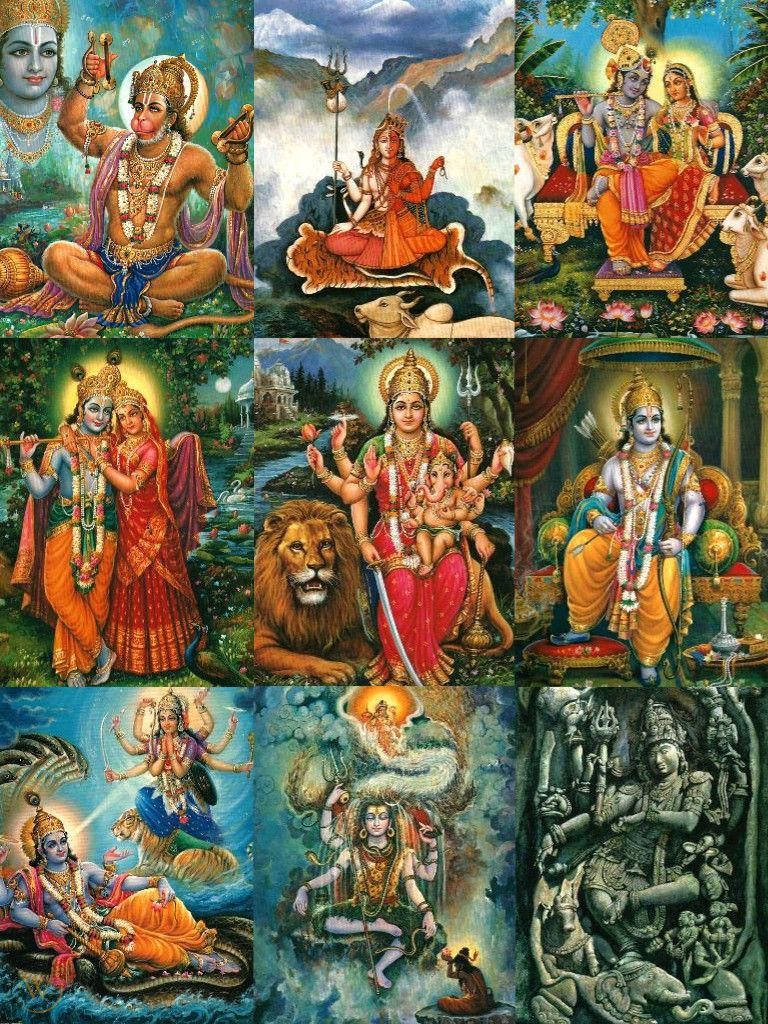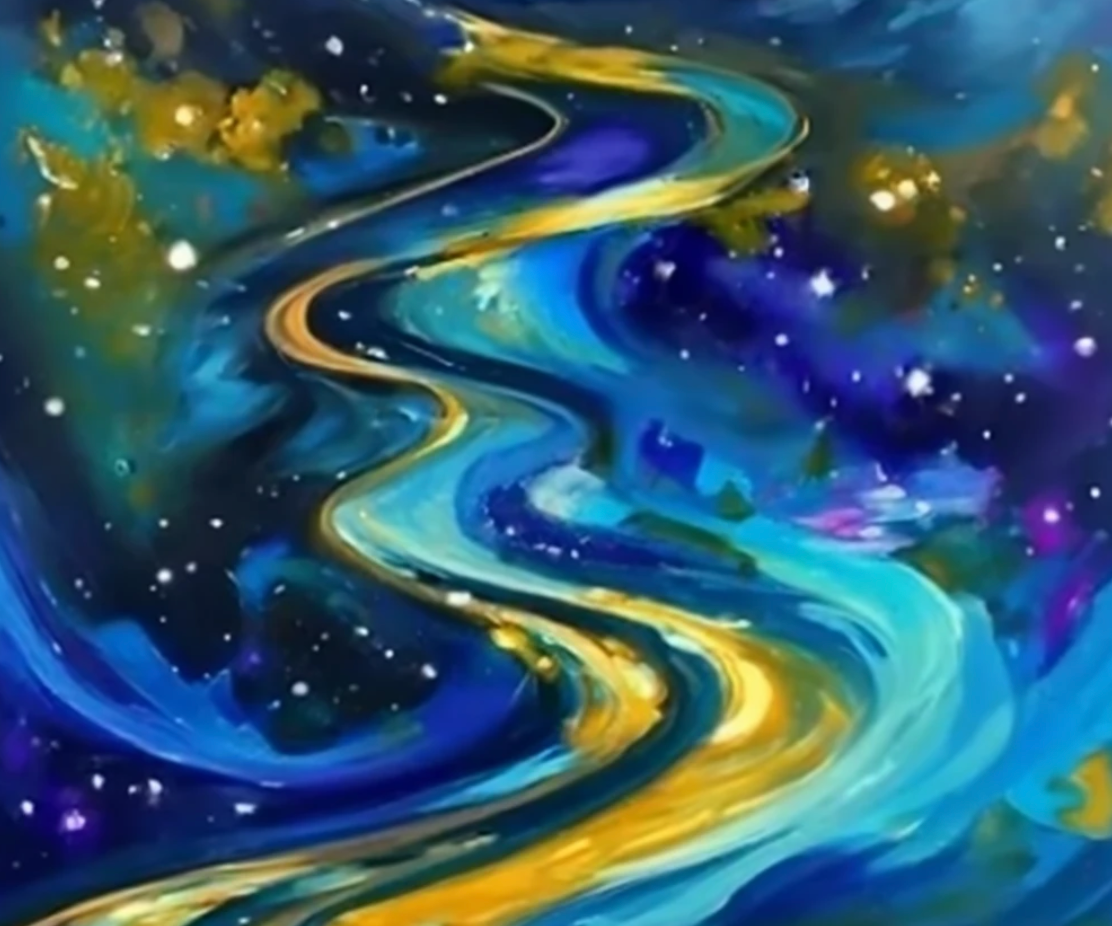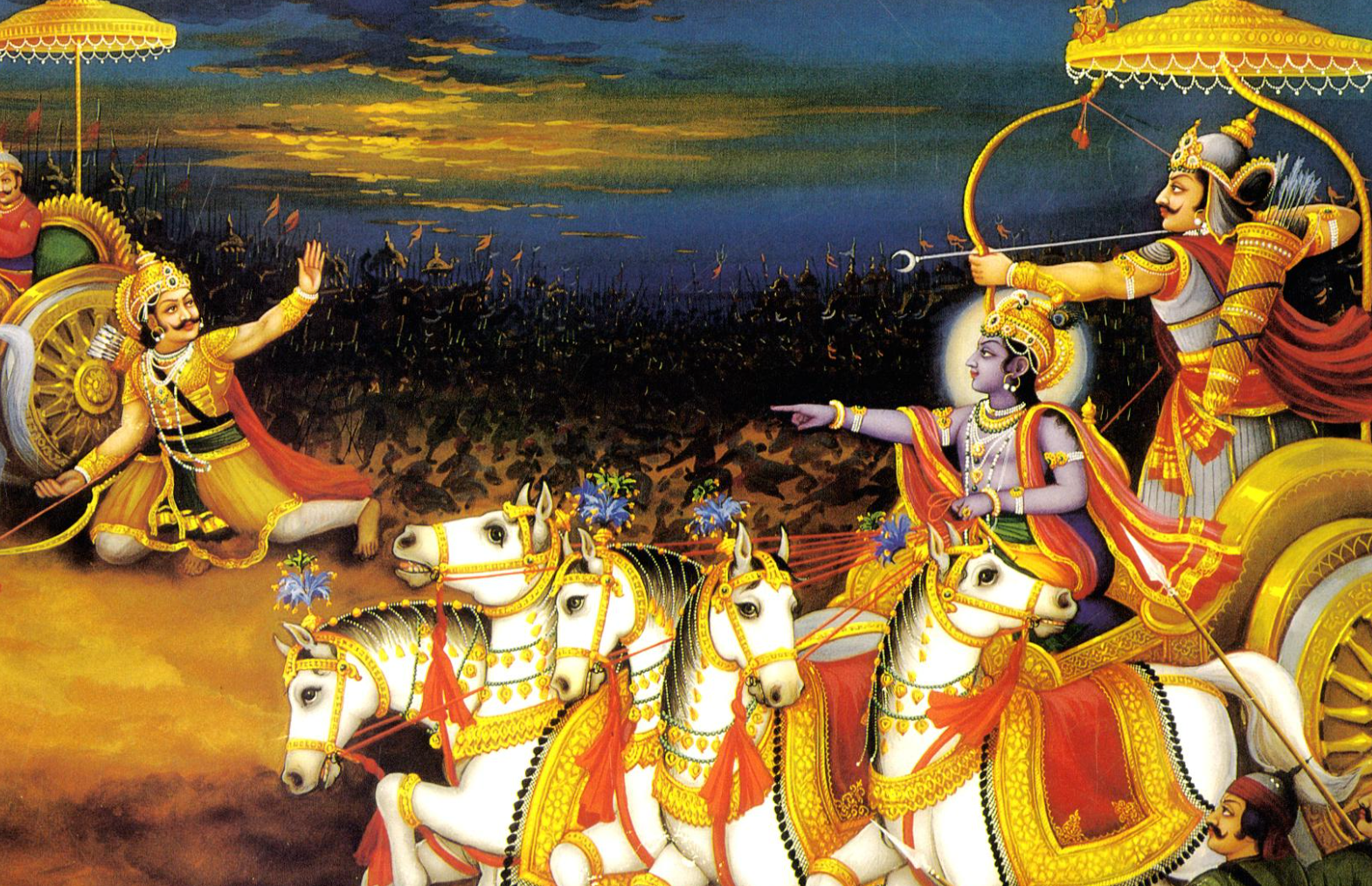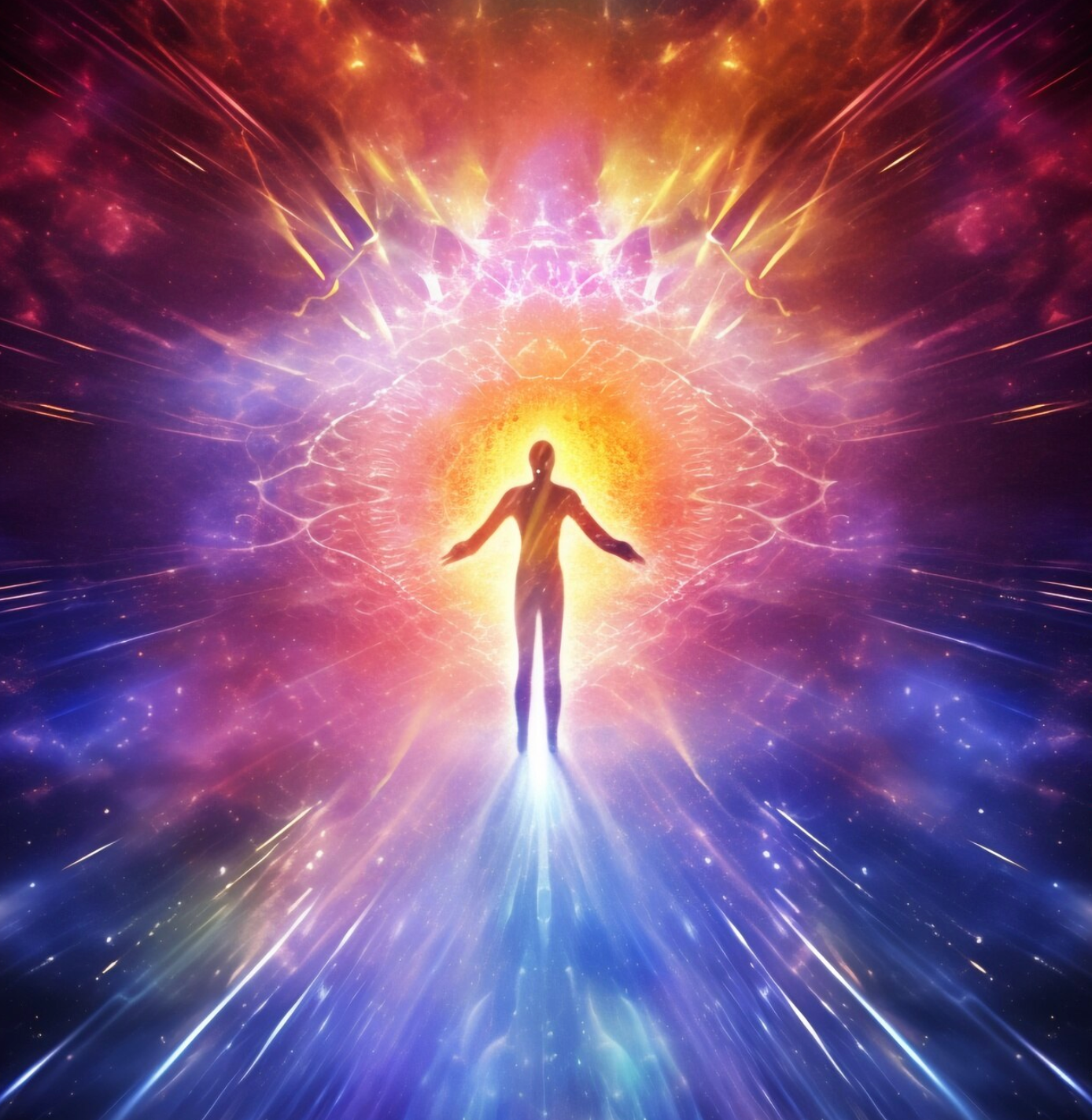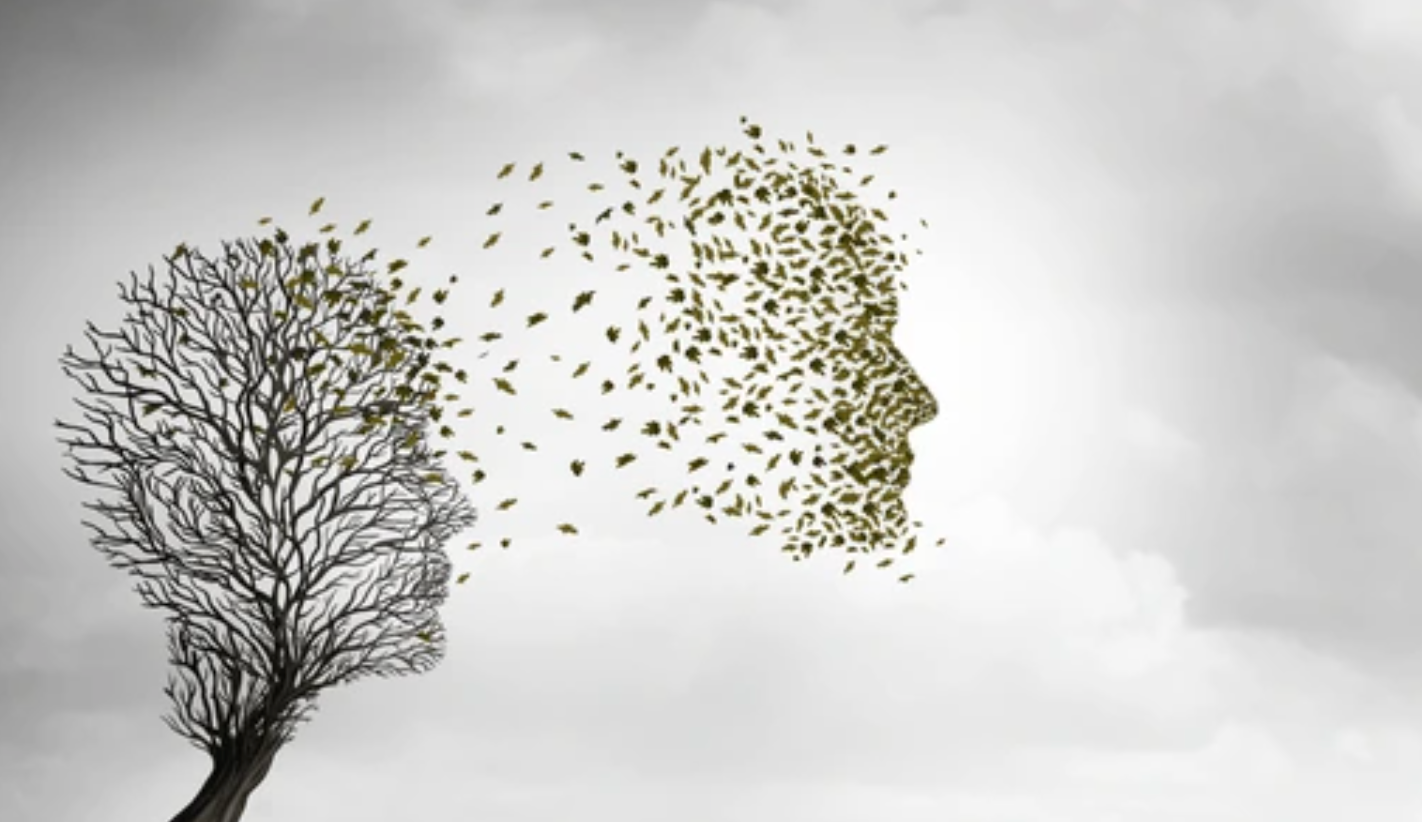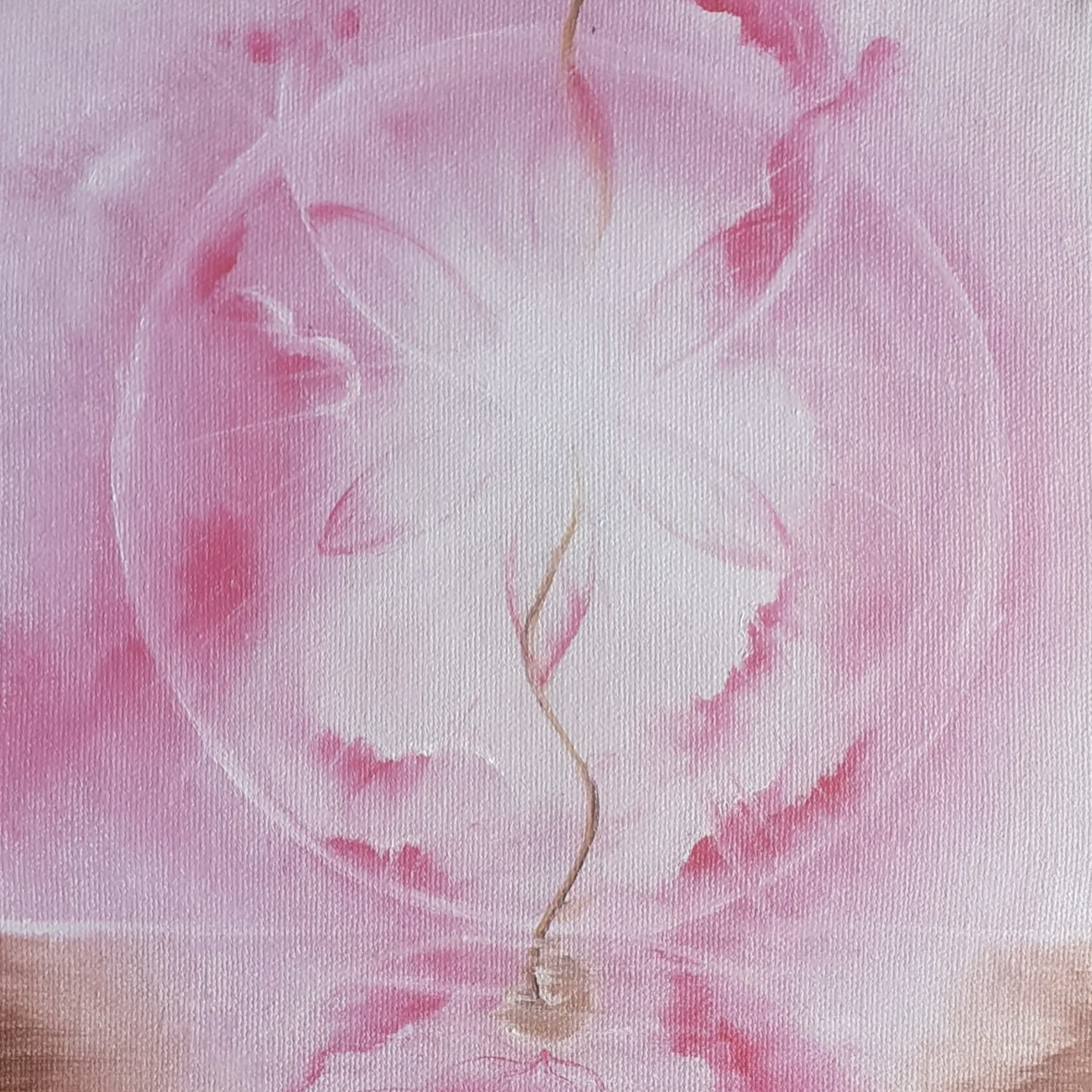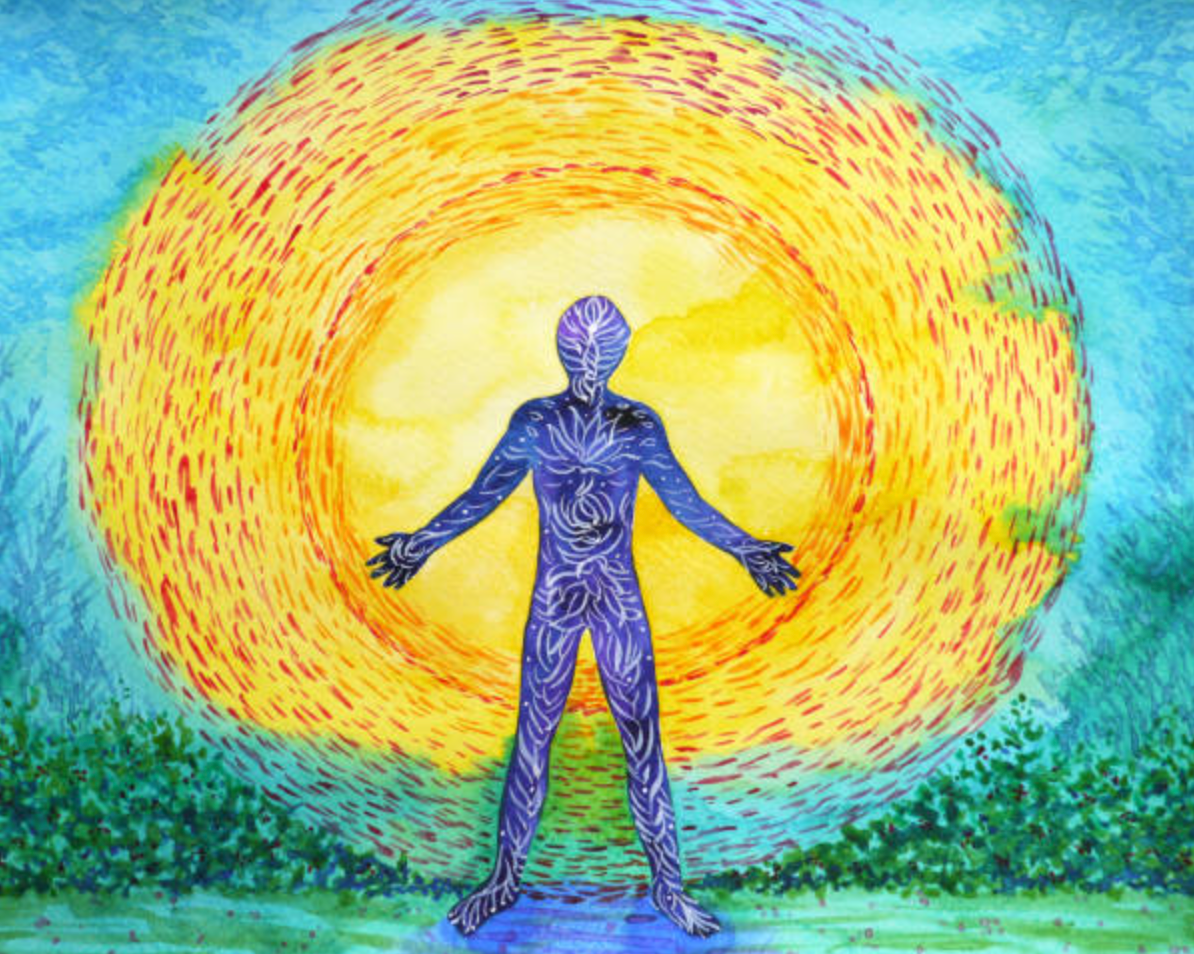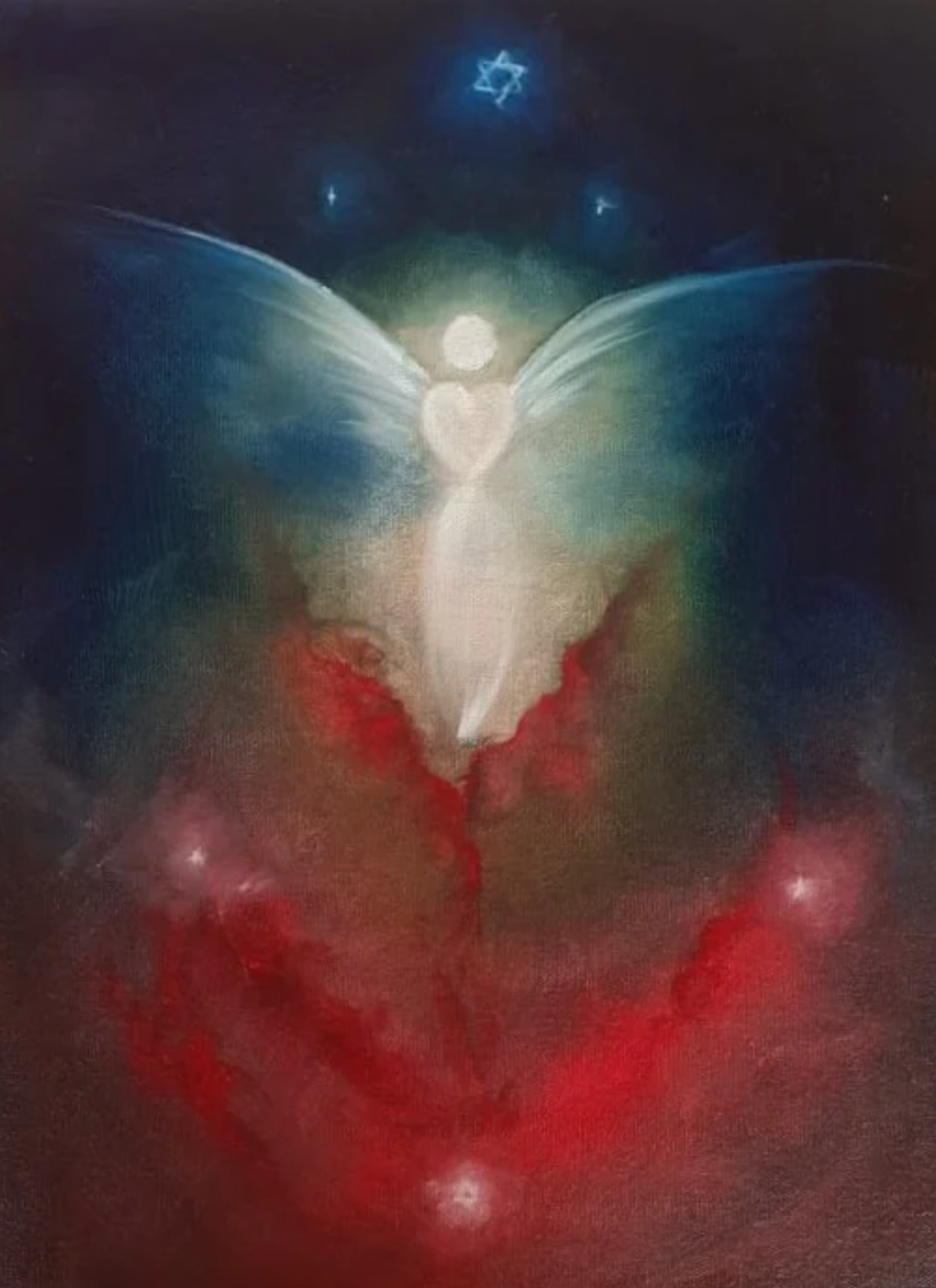Deities and Neo-Spiritualism
God is a cosmic principle that is impossible to be described in its entirety using words; however for the sake of having a reference, it is expressed as the unchanging, permanent, highest reality and the eternal origin of all existence - The Source.
Traditionally in religious contexts, the word God refers to a supreme being or to the ultimate reality. An omnipotent and omniscient entity that is responsible for the creation, sustenance and dissolution of all things. God is also the highest moral authority who is the prime object of devotion and worship. It is only when God entered the English language everything about God became syntactically masculine. God is a gender-neutral entity and not a masculine or feminine conception of a deity.
Having said about the single all powerful entity, how do we understand various Gods and Goddesses in our human history is an important aspect of our spiritual journey.
Understanding Deities - Three Perspectives
1. This impersonal divine power manifests itself into unique deities, just as a lump of fine clay can be shaped into various forms to suit different purposes. The supreme entity manifests or reveals its different aspects as different Gods and Goddesses.
2. Deities are distinct entities with their own powers and roles, rather than direct manifestations of a singular supreme source.
3. Gods and goddesses are symbolic representations of different aspects of the natural world or the human consciousness, rather than literal manifestations of a supreme being. Essentially they have no real existence.
Our understanding of deities often becomes blurred with the mix of these three perspectives.
In a tribal or agrarian society, the local deity is an independent power, sometimes it is the first ancestor. Viewed through the shifting lenses of culture and religious evolutions the local deity is a manifestation of a supreme being. The tribal would feel an unnecessary umbrella is put over his deity in the name of unification. While the visionary will look upon the tribal as someone with limited knowledge.
There will be other thinkers who would easily trivialize both of them and present philosophical and scientific advancements to deny the power and make it a namesake, a symbol.
You see, the understanding of deities entered the muddy waters of “intellectualization”.
The countless shifts that have occurred to us have only taken us away from seeing our deities in the right light. They have perhaps been neglected or distanced to the extent that the deities hold no relevance in many of our lives.
Neo- Spiritualism
Colonialism, urbanization, modern education, economic changes, cultural evolutions etc etc, the endless list of shifts after shifts have made way to Neo-spiritualism.
In Neo-spiritualism the ancient notion of deities has departed and deeper ideas of spirituality have surfaced. Actually, none of these “new” ideas in Neo-spiritualism are really new, it is old wine in a new bottle. Ideas such as personal spiritual growth, self transformation and self discovery have always existed as a point of spiritual focus even in ancient times where deities were relevant in the process of spiritual transformation. The wisdom of the elders is well reflected in the scriptural and traditional vastness that talks about self transformation through various modes of worship.
Stripping self-transformation out of its context with respect to a deity ( form or formless) has resulted in a type of Neo-spiritualism that is only picking facets of the wisdom and presenting it.
Some of the facets are:
Inner divinity - God as an inner divine presence, reflecting an uncorrupt, untainted inside, no matter what is the outside of the self.
Universal consciousness - God is the collective consciousness that transcends individuality and encompasses the totality of existence. Idea of the universe answering our questions / calls / reflecting back and manifesting our desires etc.
Divine love - God is associated with qualities such as love, compassion, and unconditional acceptance. God is a source of divine love that can be experienced and shared with others.
It is somewhere under the shade of these abstract concepts that our Gods and Goddesses appear to be losing their relevance in the current times. Due to the emphasis on individualism, people are seeking “personal spiritual experiences” and in this process they prefer choosing personal spiritual practices rather than adhering to defined ancient practices.
Globalization and cultural exchanges have brought diverse belief systems together, this exposure has even generated a willingness to incorporate ideas and practices from different cultures without proper in-depth understanding or respect for its origin. The import and export of spiritual practices / rituals without their cultural contexts is happening, because of which the roots nourishing the cosmic deities underlying these practices are almost severed.
The influence of science and rationality also finds its place in Neo-spiritualism wherein evidence is given more priority and it dares question the credibility of Gods and Goddesses.
Neo-spiritualism draws from various traditions and cultures, blends different concepts and practices; this syncretism has led to superficial understanding in many seekers. This superficial understanding amounts to wishful thinking leading to escapism or fantasy, offering a comforting illusion rather than confronting the complexities and challenges of life with rigorous philosophical inquiry.
Without the depth offered in ancient religious and philosophical systems, the emphasis on positive thinking, manifestation, and the blind belief in miracles could be termed unrealistic as it is detached from the realities of the world, bringing more inner turmoil and confusion in the seeker.
It has also undoubtedly led to the commercialization and dilution of the spiritual essence into a mere marketable commodity with so many self help books, retreats and merchandise.
I do not dismiss anybody's personal experiences or positive impact of Neo-spiritualism. At the same time I do not endorse any organized religion or its practices, religions may have shortcomings and imperfections but the deities and energies that were contacted by the ancient elders are above this. I am only highlighting concerns and encouraging a balanced evaluation of ideologies prevalent in the current times.
When you think of deities, look upon them as the deep delving roots that nourish the tree of life. Know that the embodiment of different energies that spring from the source are as real as the source itself. These deities are not mere figments of imagination; rather, they exist within the vast cosmos, accessible at varying levels of consciousness.
Every ancient civilization and culture has connected with these primal forces and defined their own routes to access them. This information is so profound that it is perhaps a part of our priming when we are born. Every culture introduces its deities through festivals, rituals, traditional practices and through divine readings (could be songs, scriptures, stories etc). This first contact in the conscious world with the divine is an important milestone. No matter how Neo-spiritual our ideas are, keeping the first flame alive, keeping faith in our own gods and goddesses, and vesting upon them is important. They govern and guard our spiritual territories because they flow through our genetic medium. Their light resides in the deepest part of our existence here and will surely guide us when invoked.
![]()

